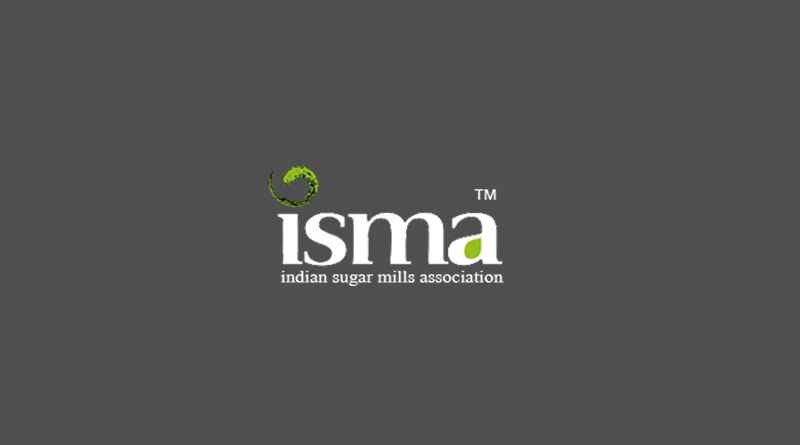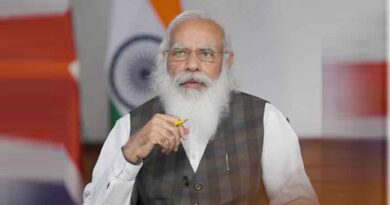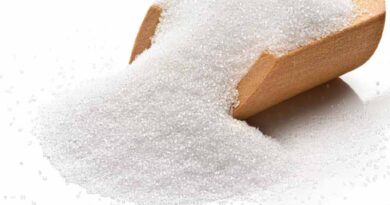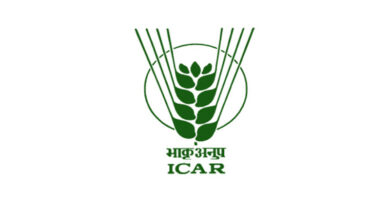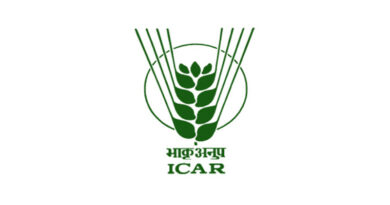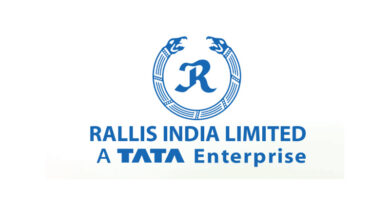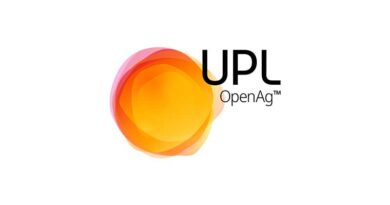Ethanol blend deadline advanced to 2025: Modi
06 June 2021, New Delhi: India will advance by five years to 2025, its deadline for blending 20% ethanol in petrol (E20) , Prime Minister Narendra Modi reiterated on Saturday on the occasion of World Environment Day, even as he listed other measures such as the promotion of renewable energy the country has taken to fight the climate crisis. He also launched a pilot project in Pune for the production and distribution of ethanol across India.
The promotion of E20 fuel is part of the country’s plans to cut its oil imports and reduce pollution (emissions). It is also a move that will benefit sugarcane growers. Petroleum minister Dharmendra Pradhan said in January that India would bring the deadline forward to 2025.
Modi said India is a strong proponent of climate justice and is moving ahead with efforts such as the founding of the International Solar Alliance for realising the vision of One Sun, One World, One Grid, and the Coalition for Disaster Resilient Infrastructure . He added that India has been included in the world’s top 10 countries in the Climate Change Performance Index.
Also Read: Honda India Power Products launches high discharge & high head Portable Water Pumps
Modi said the country has taken both hard and soft approaches to fighting the climate crisis. On the hard approach, he noted India’s capacity for renewable energy has increased by more than 250% in the last six to seven years. “India is today among the top five countries of the world in terms of installed renewable energy capacity. Especially the capacity of solar energy has increased by about 15 times in the last six years.”
He referred to the soft approach and listed India’s drive to phase out single-use plastics, clean beaches and its Swachh Bharat Abhiyan (Clean India Mission), which he launched to improve sanitation facilities in 2014.
India plans to get rid of single-use plastics by 2022. It is estimated to be using about 14 million tonnes of plastic annually.
Modi said until 2014, when he came to power, on average, only 1.5% of ethanol could be blended in India, which has now reached about 8.5%. The government aims to achieve 10% blending by 2022. In 2013-14, about 380 million litres of ethanol were purchased in the country. This has now grown to more than 3.2 billion litres.
Modi said there has been an eightfold increase in ethanol procurement, which has benefitted the country’s sugarcane farmers. He added that most of the ethanol manufacturing units are concentrated in four to five states, where sugarcane cultivation is high but that food grain-based distilleries are now being established to expand the network to the whole country.
The bulk of the additional ethanol production is expected to come from the processing of sugar cane. The switch to E20 fuel requires changes in the engine specifications of vehicles.
The ethanol-blending programme is one of the seven key drivers identified by PM Modi for the country’s energy map — gas-based economy; cleaner use of fossil fuels; greater reliance on biofuels; achieving renewables’ target of 450 GW by 2030; increasing contribution of electricity to decarbonise mobility; moving into emerging fuels such as hydrogen; and digital innovation across all energy systems.
The drive is also important as India imports more than 80% of crude oil it processes and pays in dollars. India is the third largest oil consumer in the world after the US and China and its crude oil import bill was over $100 billion in 2018-19 and 2019-20. The import bill, however, fell to $62.7 billion in 2020-21, because the first wave of Covid-19 pandemic and consequent 68-day lockdown (since March 25, 2020) that devastated its economy, leading to a contraction in consumption of petroleum products. India consumed 194.63 million tonnes of petroleum products in FY-21 as compared with 214.12 million tonnes the previous year.
In January, the Union government notified a modified scheme to incentivise ethanol production in the country, which allows sugar mills cheaper loans to make new investments in ethanol-blending factories.
At the time, the government had said upcoming ethanol projects would be viable because oil-marketing companies would be assured buyers of ethanol for next 10 years under the scheme.
To increase the production of fuel-grade ethanol, the government is planning to encourage distilleries to produce ethanol from maize and rice stocks available in state-held granaries run by the Food Corporation of India, an official said. Under the scheme, millers can divert excess sugar stocks for ethanol production.
“Aside from achieving blending targets of ethanol with petrol and reduce import dependency on crude oil, a pick-up in blending will lead to higher incomes for millers. This can help clear arrears to cane farmers, which currently stands at about ₹15,000 crore,” said Anil Rana, a sugar industry consultant
“The increased target for ethanol blending incentivises the use of water-intensive crops such as sugarcane and rice. A tiered incentive mechanism with preference for crops with lower water-intensity, such as millets, would help to address the increased demand for ethanol while limiting the impact on agricultural for production. Further, India produces over 275 million tonnes of municipal solid waste per year, which could be considered for ethanol production with co-benefits for air quality.” Arunabha Ghosh, CEO, Council on Energy, Environment and Water (CEEW).

